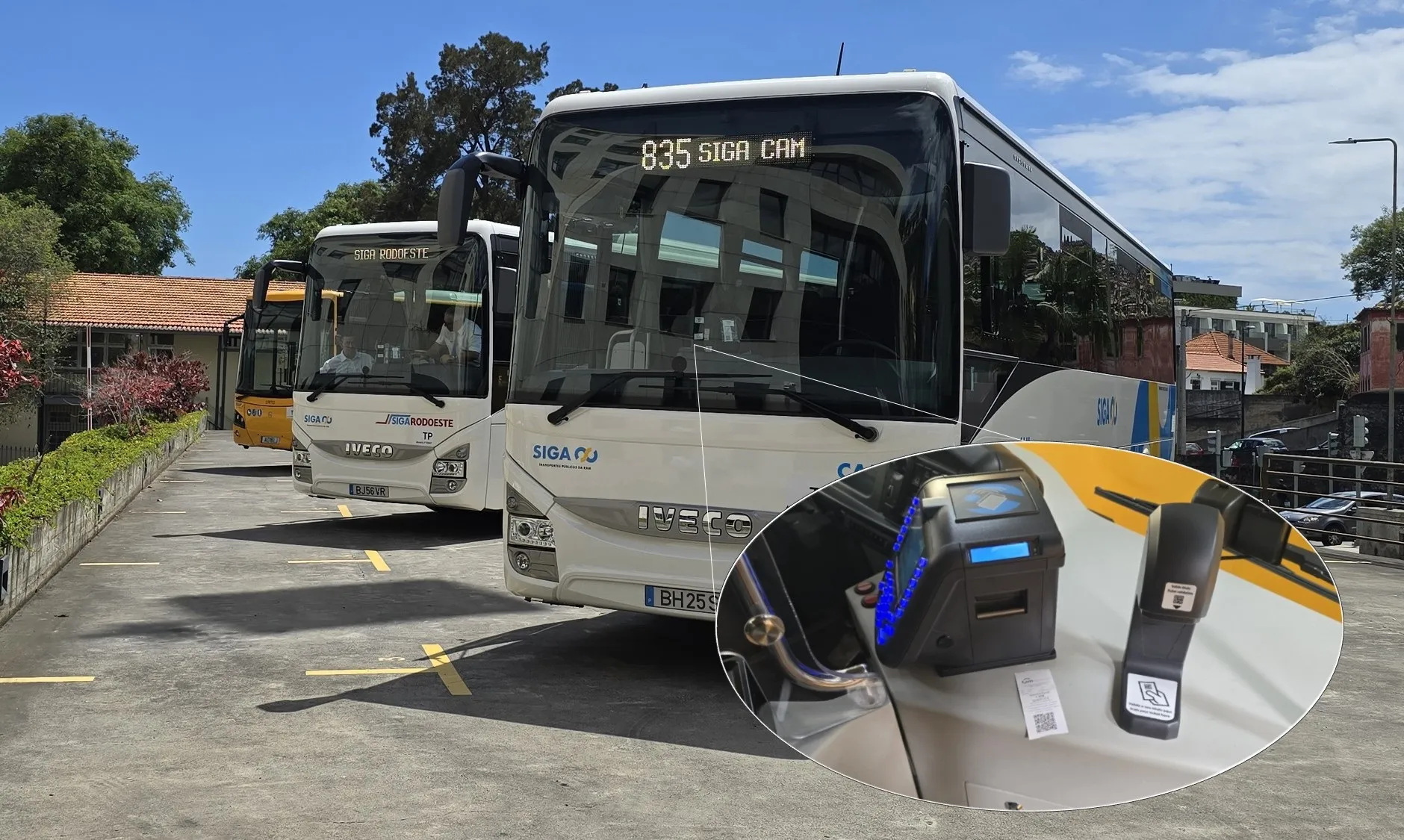A global partnership between MasterCard and mobile ticketing provider Masabi is set to combine MasterCard’s payment technology with Masabi’s JustRide mobile ticketing platform, providing consumers with a faster and more convenient way to get around a city’s transit system.
Masabi will integrate MasterPass, MasterCard’s secure digital payment service, into JustRide, enabling consumers to pay for their ticket with a simple touch.
The first city to benefit from this alliance will be Athens, where passe
January 15, 2015
Read time: 2 mins
A global partnership between 1756 MasterCard and mobile ticketing provider 6870 Masabi is set to combine MasterCard’s payment technology with Masabi’s JustRide mobile ticketing platform, providing consumers with a faster and more convenient way to get around a city’s transit system.
Masabi will integrate MasterPass, MasterCard’s secure digital payment service, into JustRide, enabling consumers to pay for their ticket with a simple touch.
The first city to benefit from this alliance will be Athens, where passengers of the Greek capital’s transit systems are now able to use an innovative mobile solution to pay their fare. By using Masabi’s end-to-end JustRide system, a million daily customers can purchase and display tickets for immediate and future travel through their smart-phone, saving time and hassle. JustRide also includes validation software allowing tickets to be scanned using standard smart-phones or using gates or stand-alone validation units.
“Given that already today more than 50 per cent of us live in urban areas this trend brings significant challenges such as crowding and congestion to cities,” said Hany Fam, president MasterCard Enterprise Partnerships. “By combining our expertise, MasterCard and Masabi are removing the friction that slows down how people move around, while also improving quality of life in cities and helping authorities to better manage population growth and urban development.”
“Mobile ticketing is all about making life easier for transit riders, and making payment as simple as possible is central to this experience,” said Brian Zanghi, CEO of Masabi. “By transforming smart-phones into vending machines, tickets can be purchased any time, any place making waiting in line a thing of the past. Athens is our first deployment working with MasterCard, and we look forward to working together to enable mobile ticketing and payments in other cities around the globe.”
Masabi will integrate MasterPass, MasterCard’s secure digital payment service, into JustRide, enabling consumers to pay for their ticket with a simple touch.
The first city to benefit from this alliance will be Athens, where passengers of the Greek capital’s transit systems are now able to use an innovative mobile solution to pay their fare. By using Masabi’s end-to-end JustRide system, a million daily customers can purchase and display tickets for immediate and future travel through their smart-phone, saving time and hassle. JustRide also includes validation software allowing tickets to be scanned using standard smart-phones or using gates or stand-alone validation units.
“Given that already today more than 50 per cent of us live in urban areas this trend brings significant challenges such as crowding and congestion to cities,” said Hany Fam, president MasterCard Enterprise Partnerships. “By combining our expertise, MasterCard and Masabi are removing the friction that slows down how people move around, while also improving quality of life in cities and helping authorities to better manage population growth and urban development.”
“Mobile ticketing is all about making life easier for transit riders, and making payment as simple as possible is central to this experience,” said Brian Zanghi, CEO of Masabi. “By transforming smart-phones into vending machines, tickets can be purchased any time, any place making waiting in line a thing of the past. Athens is our first deployment working with MasterCard, and we look forward to working together to enable mobile ticketing and payments in other cities around the globe.”







